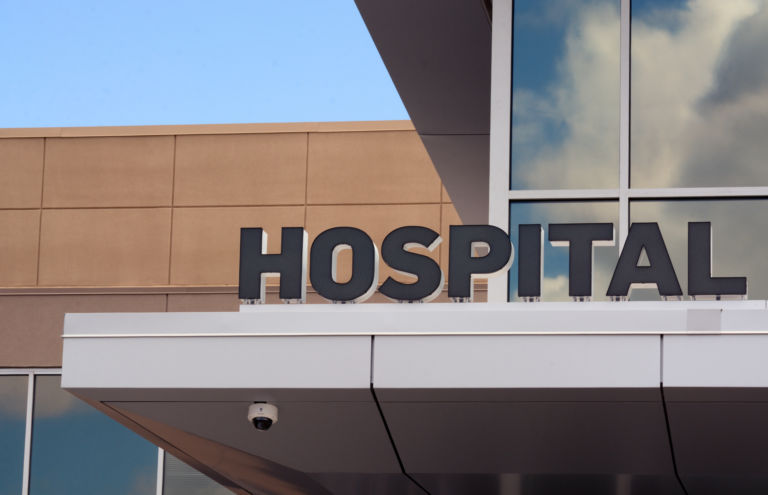A health insurance exchange, commonly referred to in the media simply as an “exchange,” is an online marketplace where individuals can shop for heavily regulated nongroup health plans offered by participating insurance companies.
The federal health law’s 3:1 community rating ratio provision means that a high-risk individual cannot be charged more than three times the amount of a low-risk individual’s health insurance premium. This means young and healthy individuals will experience rate shocks.
North Carolina’s health insurance premium percentage increases rank 4th highest in the nation.
The Affordable Care Act, as written, restricts the distribution of premium assistance subsidies, or tax-credits, to state-run exchanges.
The Obama Administration claims that an individual earning an income between 100-400% of the Federal Poverty Level (FPL) will be eligible for premium assistance subsidies through the exchanges. However, in North Carolina, subsidies do not extend beyond 309% FPL for low-risk individuals under age 34.
The 2014 federal budget sequester will scale back additional cost-sharing subsidies for eligible individuals earning below 250% FPL by 7.2% — equating to a deficit reduction of $286 million before FY 2014 ends.
by Katherine Restrepo
Director of Health Care Policy, John Locke Foundation


